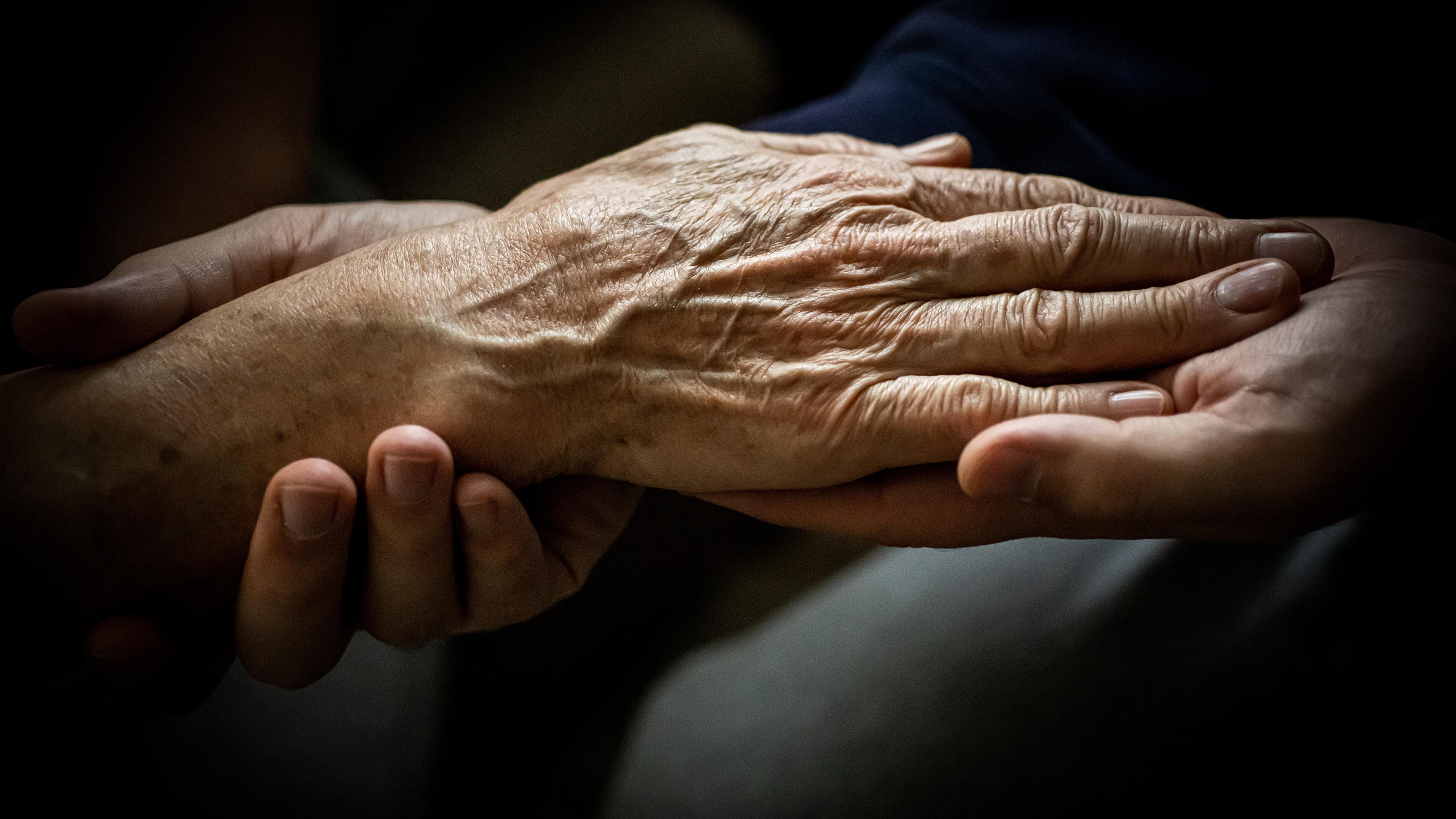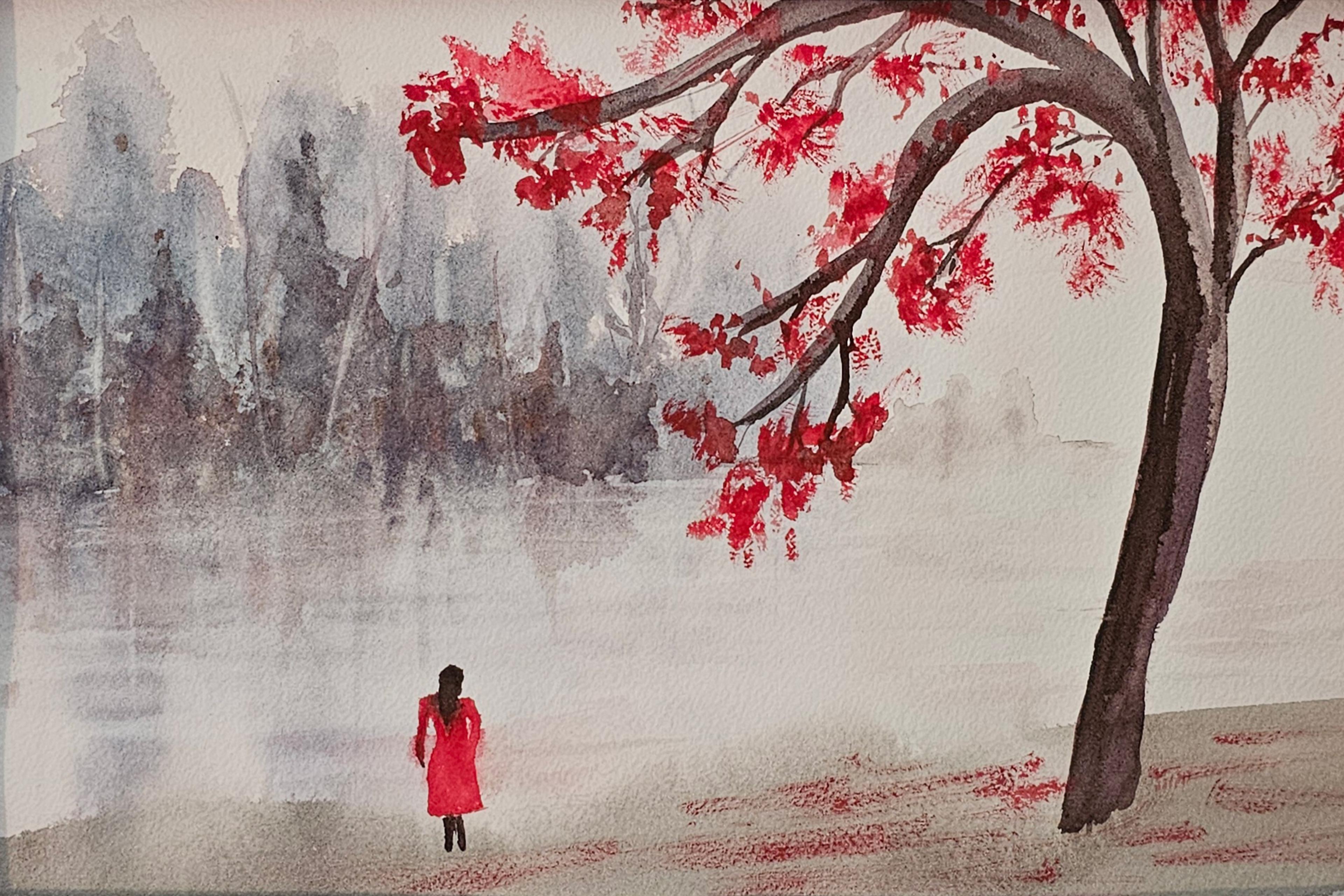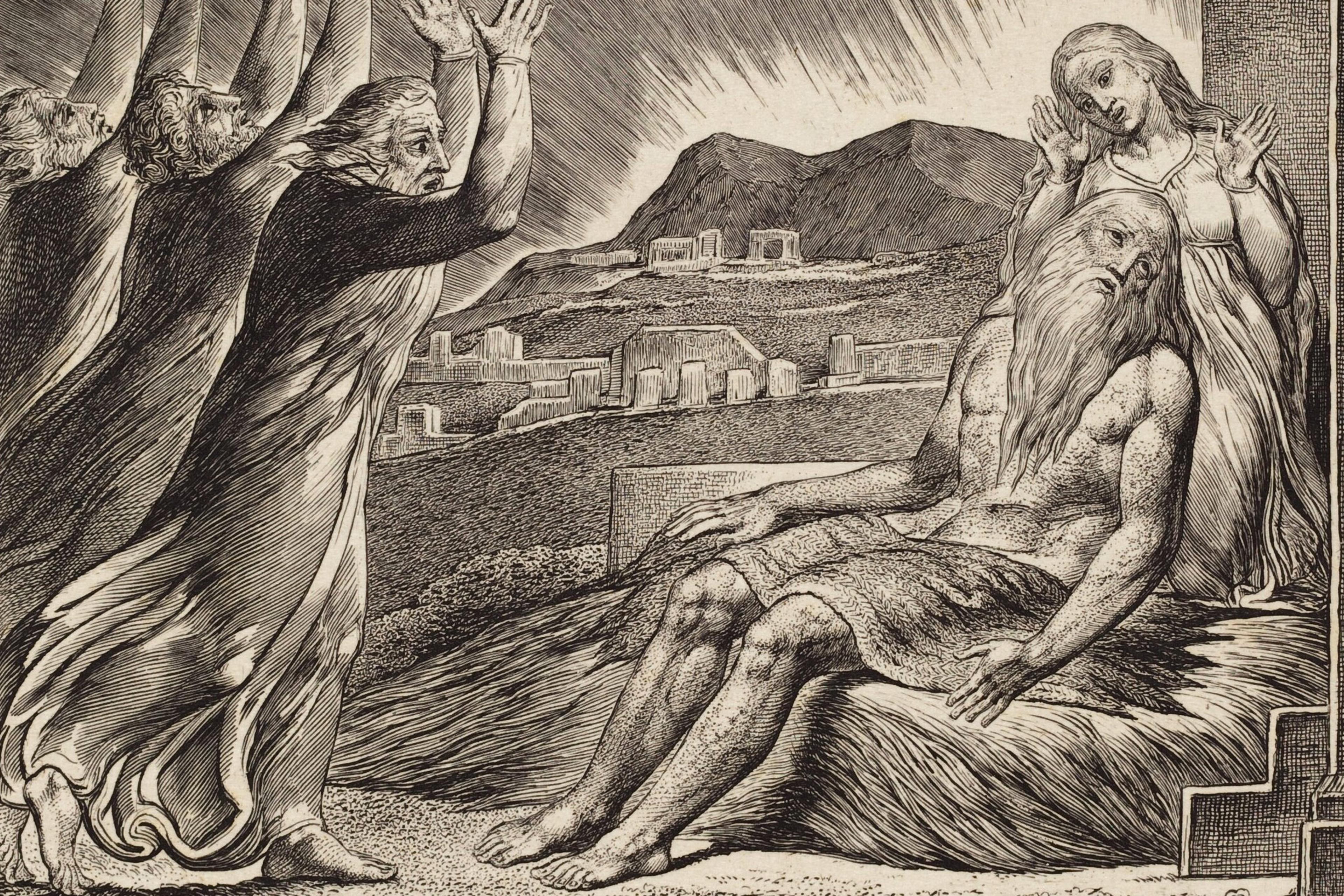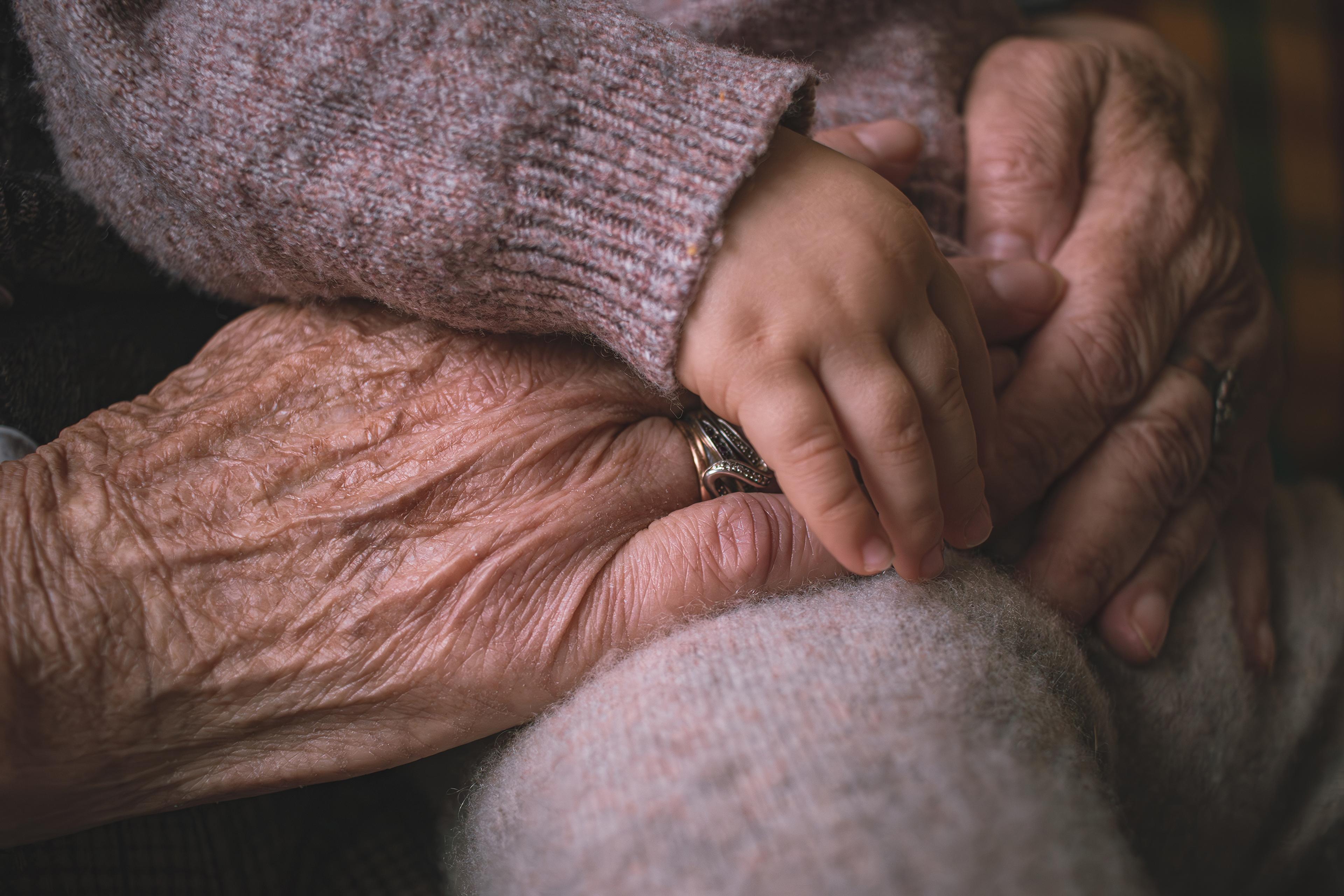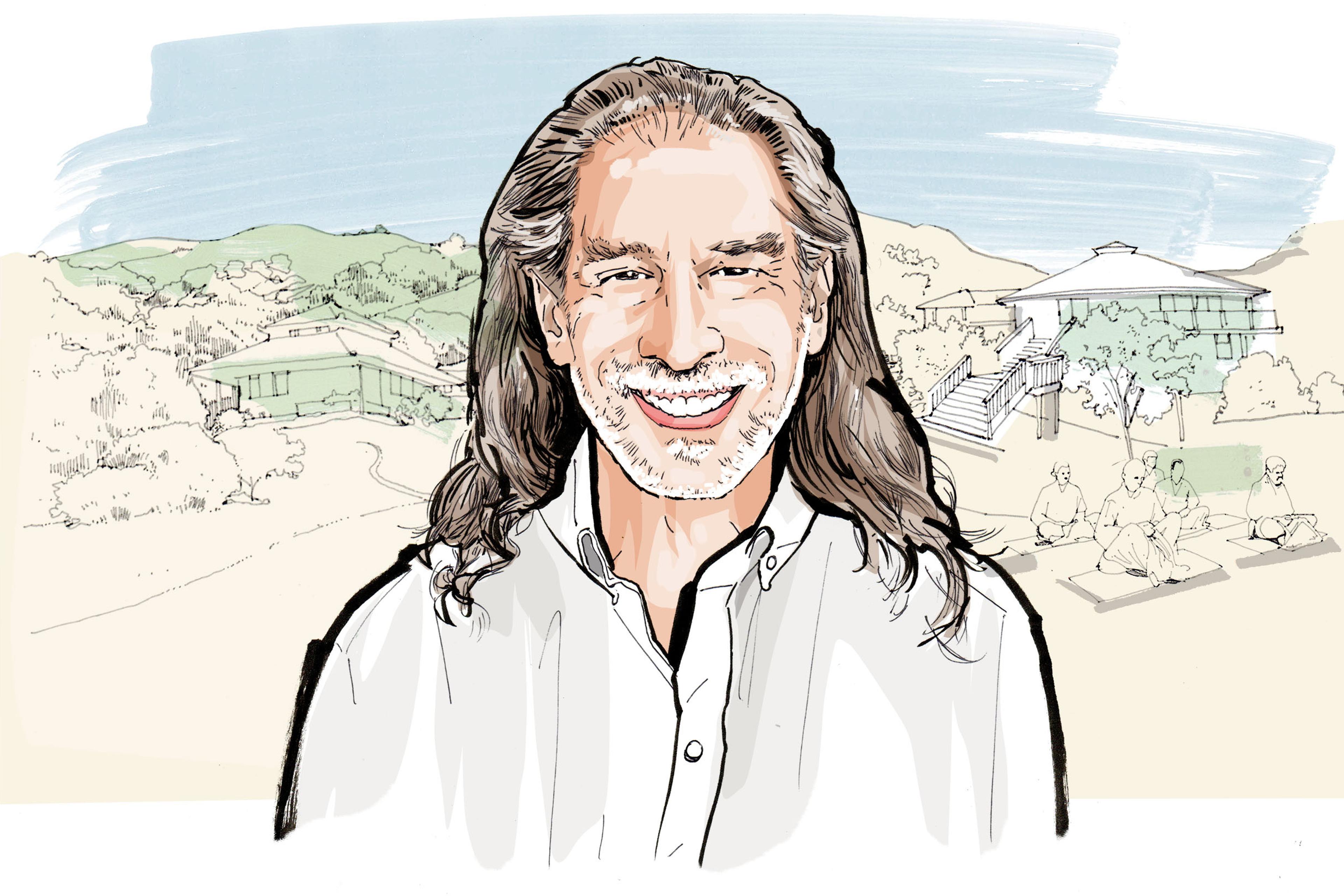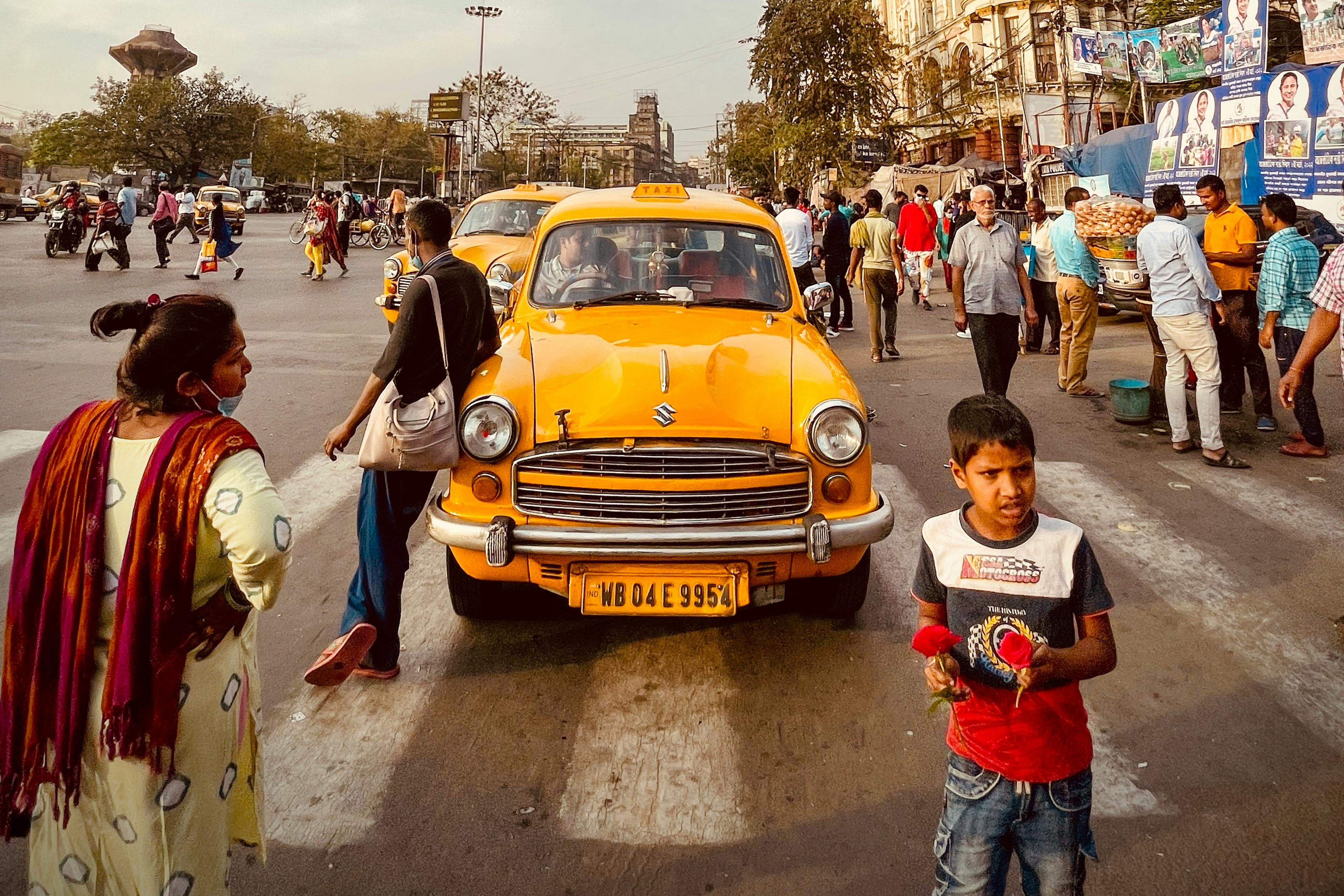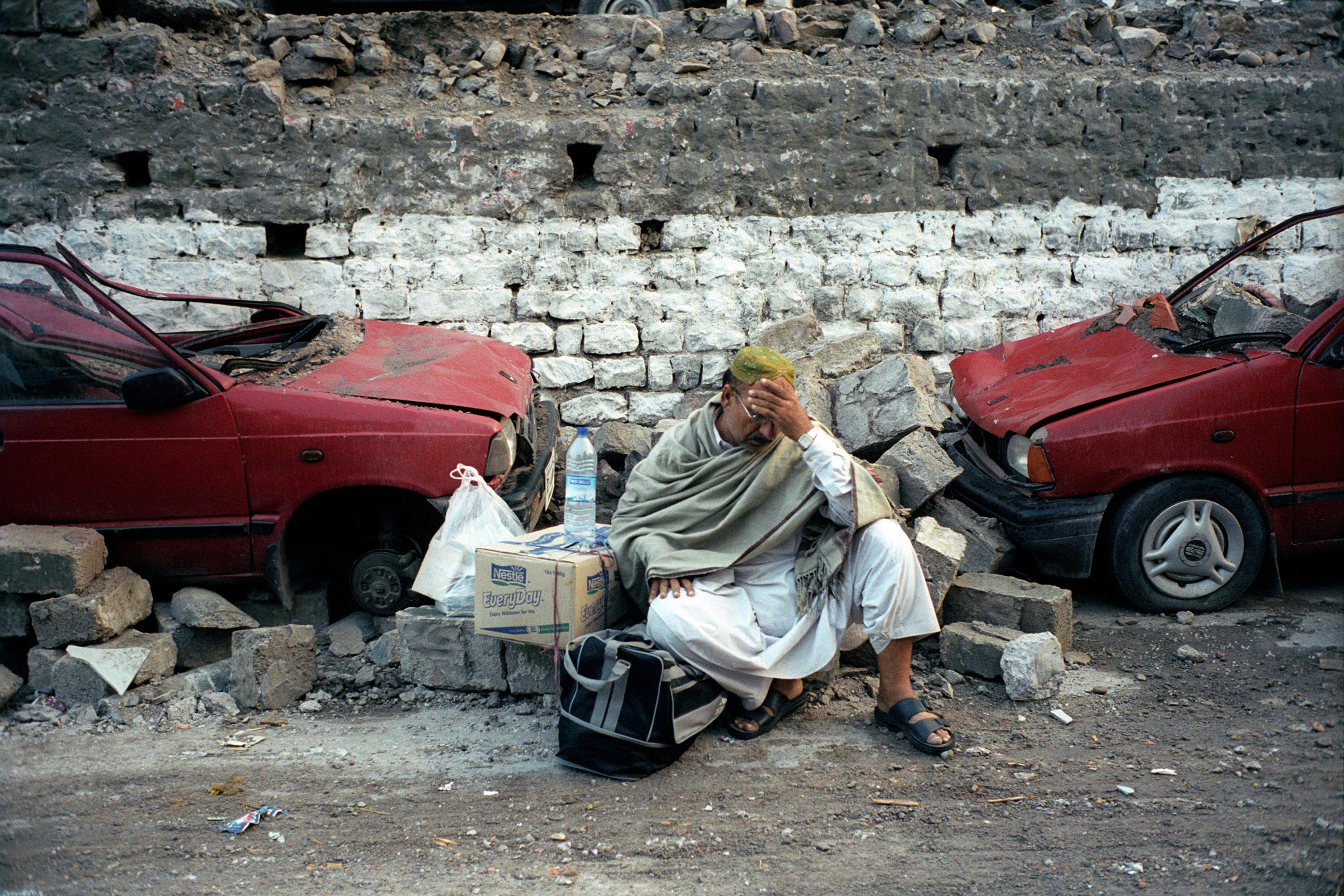My patient died of a broken heart. She was 79, a widow without children. Her husband, Stan, had died the month before. When the nurse asked if there was anyone to call, she said: ‘No one – unless you can call God.’ Ten minutes later, she was telling me Stan needed her to go on a trip with him. Then the beeping of the heart monitor stretched into a single long note, alarms erupted, and the loudspeaker called ‘Dr Leo, Room 202’ – our code blue for a stopped heart. At our hospital, ‘Dr Leo’ was meant to sound like someone strong, someone who could pull a person back from the edge, out of the jaws of death. It was softer, more human, than ‘Code Blue’. Hospitals try to soften everything – with artwork on the walls, soft jazz in the lobby, water features, healing gardens. Even the code name had a certain je ne sais quoi about it, a gentleness that belied the urgency.
That day, the medical team tried to revive my patient, Dottie, but couldn’t. After they left, I held her hand again and said softly: ‘Go on your trip now with Stan. Go to love.’
The nurses said the clinical name for what happened to her was takotsubo cardiomyopathy – stress-induced heart failure, sometimes called Broken Heart Syndrome. It’s rare, but grief can overwhelm the heart’s ability to keep beating. Most patients recover, but not all. The highest number of reported cases is found in women aged 58 to 75, often after a sudden loss.
People think the chaplaincy must be a sad vocation, but I found it expansive, challenging, and grounded in humanity. Being a hospital chaplain is perhaps the most rebellious clergy role one can have. You’re not a dark-robed figure behind a large dais preaching, but instead your place is right beside a patient’s bed. Sometimes I describe myself as a ‘sacred hand-holder’, a listener whose work begins with the simple act of taking someone’s hand. There have been times when I lay down on the floor beside a weeping loved one. I might say: ‘May I hold your hand?’ or ‘It’s OK to cry – did you know your body releases the same endorphins when you cry as when you laugh?’ These small acts are the heartbeat of chaplaincy.
I’d grown up shy, on the edge of the church circle – quiet during Bible study, unsure of the words in Sunday school, chided when I asked too many questions beginning with ‘But why?’ I always loved the music. I remember sitting in the back seat of the car with my mom and little sister on the way home from church, singing along to ‘Jesus Loves Me’ and ‘This Little Light of Mine’. Something about those melodies made the idea of God’s love feel real. Safe. Like it could carry you.
As I got older, I drifted from church entirely. I still prayed, but I no longer aligned to the fundamental rules and rigidity of my church upbringing. I raised my children to believe in mercy, love and kindness, and to find their own way.
And in midlife, after leaving a disastrous, abusive marriage, I felt hollowed out. At 45 – newly divorced, raising two teenagers, my PR firm gone – I stood in the wreckage of what had been, and a quiet pull emerged. Not toward theology, but chaplaincy, where my only work would be to offer comfort. When my family and I moved to seminary housing, we ended up in a duplex in the section of campus affectionately called the ‘Fertile Crescent’ – a cosmic joke for a single mother with two teenagers.
I was learning to hold my own ground in faith … I didn’t need his blessing. I knew I belonged
In seminary, I met people who saw God in every corner of life, and others who saw only rules. In a World Religions class, after I asked why queer people were so wrongly viewed as sinful or non-chosen across faiths, a classmate slammed his highlighted, leather-bound Bible on the desk, pointed it at me, and shouted: ‘How many hours do you spend with the Word?’
Years later, in my clinical residency at a children’s hospital, my supervisor asked what my belief system was. ‘There is a big ball of benevolence – always alongside us, rolling our way, being present for us,’ I said. He gave me that look, the one that says you can’t be serious. A staunch Calvinist, he called me ridiculous and said a divorced mother of two didn’t belong in chaplaincy, anyway. His tone yanked me straight back to my childhood minister – angry, punitive, the kind of man who thought he had God’s private number. But I wasn’t that kid anymore. I was learning to hold my own ground in faith and hold hands in hospital rooms. I didn’t need his blessing. I knew I belonged.
The longer I did the work, the more my faith changed. I stopped believing in the all-encompassing, orderly God I once imagined. I stopped thinking belief guaranteed protection or that prayers were always answered if you prayed hard enough or with just the right words. I stopped believing everything happens for a reason or on God’s time: those tidy assurances drilled into me during summer Bible school, Bible camp, and church services as a child.
I finished my 400-hour residency. I walked the hospital halls. I sat at the bedsides of the dying. I prayed with patients who believed in angels and with patients who didn’t believe in anything. I held hands and passed tissues. I learned to stop needing to explain or to fix.
Then came COVID-19, which changed me in ways I’m still trying to understand.
Before I could see COVID patients, I had to be fitted for PPE. In a cramped hospice office, a nurse lowered a clear plastic hood over my head. The air inside grew warm and close. She sprayed a sweet-tasting mist into the hood, and I breathed it in, waiting to see if any trace would slip past the seal designed to keep the virus out.
‘Can you taste it?’ she asked.
‘Yes,’ I said.
‘OK. Rinse your mouth. Then we’ll try again with the masks on.’
She layered an N95 over my face, tied a cloth mask on top, then slipped the hood back on. My breath fogged the face shield, sweat sliding down my neck. Another spray, the same syrupy sweetness.
My chest tightened and my heart pounded like her words were punching it. Rage surged
As she worked, she talked about her daughter and son-in-law, a fundamentalist Baptist pastor in East Texas. They’d moved in together because of COVID. Then her tone shifted.
‘We were reading Scripture the other night,’ she said, ‘about how sometimes God just wipes people out who won’t listen. He’s done it before – ’ she stretched the word in a syrupy Southern drawl – ‘with Nooo‑Ahhh.’
Click of her tongue, another spray. ‘Every living thing was wiped out. That’s what’s happening now. God always has a plan. God’s doing this.’
She spoke as if I agreed, but my chest tightened, and my heart pounded like her words were punching it. Rage surged: at her certainty, at a God who would orchestrate devastation on this unfathomable scale, at COVID itself. Who could believe in a God like that?
I couldn’t taste the spray anymore, meaning the fitting had worked and I could leave. She lifted the hood and handed me my PPE: gloves, brown lunch bags, masks.
I carried it to my car, put it in the back seat, and shut the door. Under my breath, in my own slow Southern drawl, I muttered: ‘Bless your god‑damn heart.’ Then I broke, sobbing with rage, grief, disbelief. Heart still racing, I started the car, cranked up R.E.M.’s ‘Losing My Religion’ at full blast, and let it swallow me before heading to my patients’ homes.
Each day, I watched patients gasp for breath behind plastic shields. I held phones for final FaceTimes. I whispered prayers through layers of PPE.
I waited for a voice from the sky, for fire or thunder or some divine rebuttal. Nothing came
One day, I led a graveside service where only six family members were allowed. They wore tie-dyed purple masks because their father, just 69, and their brother, just 50, had been Deadheads. They gave me a mask to match. It was lightly raining, and the colours ran onto our cheeks blurring like watercolour grief. I felt angry, raw, undone. As I walked back to my car, a giant rainbow arced across the sky and I thought of the nurse, of Noah and the flood, of all the drowning. I raised both hands to the sky, middle fingers up.
I started a ritual: after every shift, I’d blast ‘Losing My Religion’ in the car. I waited for a voice from the sky, for fire or thunder or some divine rebuttal. Nothing came. Just more death. Just more days. At the door to my home, I’d remove my shoes. I couldn’t bring in the sadness, the sorrow, or the smell of the ICU.
On TV, they argued – about masks, vaccines, blame. But with COVID-19, where death moved quickly and without pause, the truth was clear: viruses, like wildfires and rising seas, don’t take sides. They spare no faith. They serve no party. As a chaplain, I wasn’t there to sort the reasons – only to sit with the sorrow.
Toward the end of the second year of COVID‑19, my mom died – not from the virus, but from stroke‑related dementia. I spent her last two weeks by her side. She’d call out to my grandfather: ‘Pops, are you taking me home?’ She said her bags were packed.
A couple of days before she died, in the clearest voice I’d heard since dementia took hold, she whispered: ‘Honey, I’m going with Pops. Sweet pea, I’ll see you again.’ Her clarity was a small gift in the fog of her illness. I held her like I had held my own children; her small body curled in my arms like a bird.
Two days after she passed, I slid into the driver’s seat. The car felt quiet, waiting. I turned the key, and the radio sprang to life mid‑note, the voice of Iris DeMent filling the air:
Some say once you’re gone, you’re gone forever
Some say you’re gonna come back …
I think I’ll just let the mystery be.
My theology hadn’t prepared me for the relentless sorrow of COVID‑19 – or for how certainty could wound the spirit as deeply as the virus ravages the body. When I pray now, it’s to my mom and that big ball of benevolence I’ve always trusted. My faith rests in the mystery. With Iris on the radio, I’ll drive on – heart broken, heart wide open.
